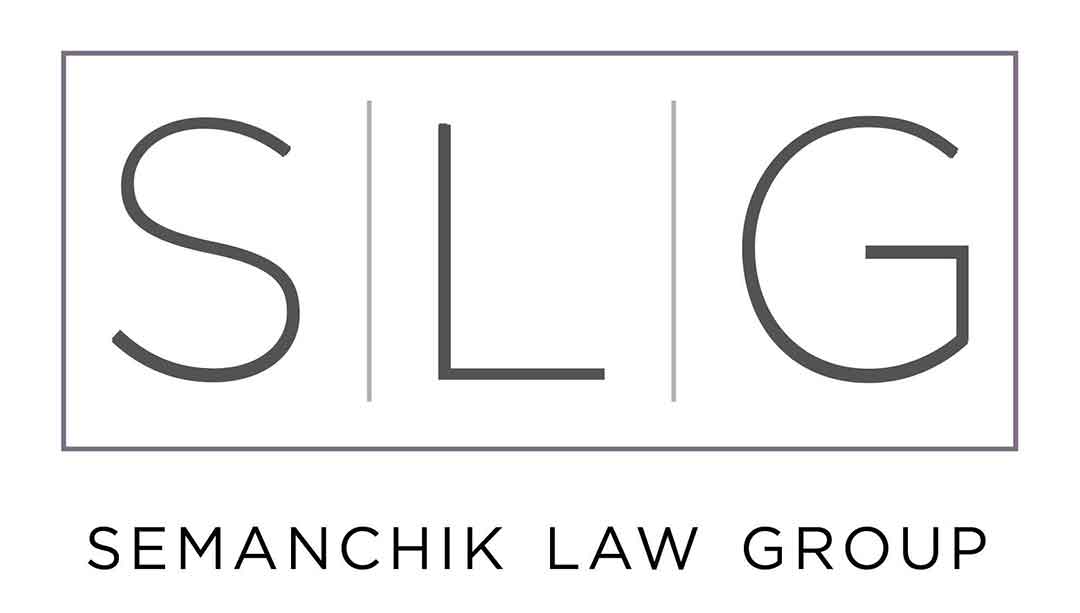How Much Compensation Should S Corporation Shareholders Receive?
When you run your own business, self-employment taxes are a fact of life. However, if you are interested in reducing your annual tax burden, it may be worth exploring the possibility of filing as an S corporation.
While sole proprietorships and LLC owners must pay self-employment tax on the company’s entire income, S corporations are only required to pay it on the amount paid out in wages. Any dividends or distributions are not subject to self-employment taxes.
Of course, minimizing your tax burden is not as simple as just pushing all of your income through as a distribution and taking no salary for the year. There are rules and regulations which govern the minimum salary figure you must pay yourself each year before taking distributions. The IRS refers to this figure as “reasonable compensation.”
How can you determine a reasonable compensation figure?
Since no two companies or self-employment scenarios can ever be identical, there is no simple formula for arriving at a reasonable compensation figure. Instead, the IRS explains that the “key to establishing reasonable compensation is determining what the shareholder-employee did for the S corporation by looking to the source of the S corporation’s gross receipts.” In other words, the compensation figure will depend on how much you contributed to the overall income of the company.
If your company’s income was mostly generated by the work of your employees or through the use of company capital and equipment, it can be argued that your reasonable compensation should be quite small. Since you did not personally contribute much to the company’s revenues, you do not need to draw a large salary. The remainder of your payments can likely be classified as non-wage distributions – not subject to self-employment taxes.
On the other hand, if your company’s income was almost entirely driven by your own personal work, you will likely need to take a significant salary in order to meet the “reasonable compensation” guidelines. In this case, the amount that can be paid out as a distribution will be fairly minimal.
The IRS also advises that the following factors be taken into consideration when determining reasonable compensation for S corporation shareholder-employees:
- Job duties
- Required training and experience
- Number of hours spent working on the business
- Signed compensation agreements
- The cost of comparable services or employees
- Payments to any non-shareholder employees
The Bottom Line
Ultimately, determining your reasonable compensation is never going to be as simple as plugging some numbers into a calculator. Instead, you should enlist the help of an experienced CPA to help you find the answer to this complex problem. By meeting with your accountant at least a couple of times per year for tax-planning sessions, you will be able to determine your reasonable compensation and prevent any nasty surprises during tax season.
Semanchik Law Group
If you are interested in learning more about the process of forming an S corporation, please do not hesitate to get in touch with a member of the team here at Semanchik Law Group. As San Diego business attorneys, we can walk you through the process and help you determine if it is the right option for you. To set up an initial consultation, just give us a call at (619) 535-1811.


